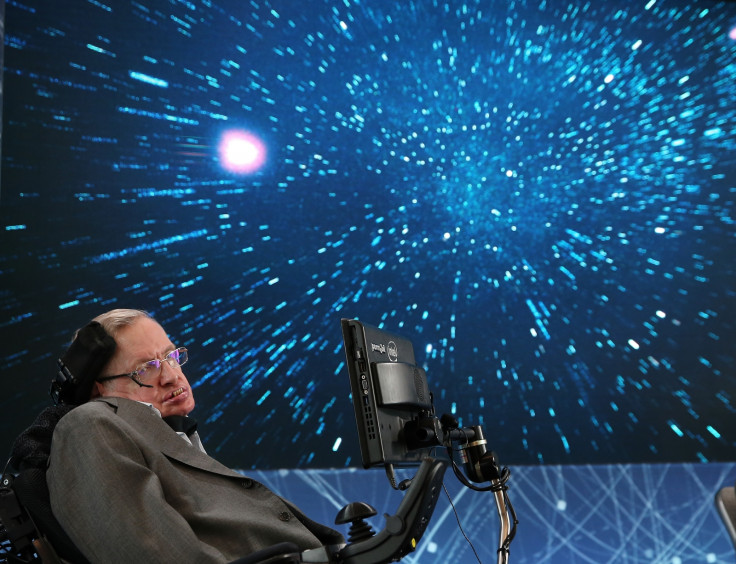Stephen Hawking thinks humans will settle on other planets within 100 years
The most likely candidate for colonisation will be the planet Proxima b which is around 4 light years away.

Stephen Hawking says he believes human will reach other planets as colonisers within the next hundred years.
With climate change, pollution and deadly pandemics making life on the planet seem increasingly precarious, Professor Hawking will argue in a new documentary that beginning the process of settlement on other planets will ensure the long-term survival of the human species, if our own world does become uninhabitable.
"I have no doubt we will eventually find ways of crossing the immense distances of space in just a few years", he says in the BBC programme, The Search for a New Earth, which airs tonight.
"One of our great strengths is embracing new ideas and evolving them into cutting-edge technologies. Our ingenuity will get us to 'Proxima b'. In the next 100 years, we will embark on our greatest ever adventure."
Last year scientists identified Proxima b as the closest exoplanet to Earth ever discovered. It is only four light years away and has been mooted as a possible destination for future interstellar travel.
Furthermore, the exoplanet lies in the so-called 'Goldilocks' or habitable zone, a range of orbits where the presence of liquid water on the surface is possible, given sufficient atmospheric pressure. This means that the planet could conceivably support a human settlement given the right conditions, although researchers currently know very little about it.
While any spacecraft powered by conventional rockets would take around 120,000 years to reach Proxima b, there is technology in development which could significantly speed up this process.
The ambitious Breakthrough Starshot project, backed by Professor Hawking and Mark Zuckerberg and funded by Russian billionaire Yuri Milner, is a mission designed to prove the feasibility of interstellar travel.
The Starshot plan is to launch thousands of 'nanocrafts' – complete with thin, unfolding, light sails – into orbit via a 'mothership'. These tiny spacecraft – measuring a few centimetres across and weighing just a few grams – would be propelled by powerful Earth-based laser arrays which focus on the crafts' sails, accelerating them to speeds of up to 20% the speed of light.
Travelling at this speed, the probes would reach Proxima b in just 20 years.
Though the Starshot spacecraft cannot be used to carry human passengers, the technology behind the project is powerful enough to begin seriously thinking about this prospect. If successful, the mission could pave the way for future craft which could carry humans once technology has advanced sufficiently.
"We must have preparations in place within 100 years. Colonising Proxima b will challenge our species like nothing before", Professor Hawking says.
"We can and must, use our curiosity and intelligence to look to the stars."
The Search for a New Earth will air tonight at 9pm on BBC 2.
© Copyright IBTimes 2025. All rights reserved.





















